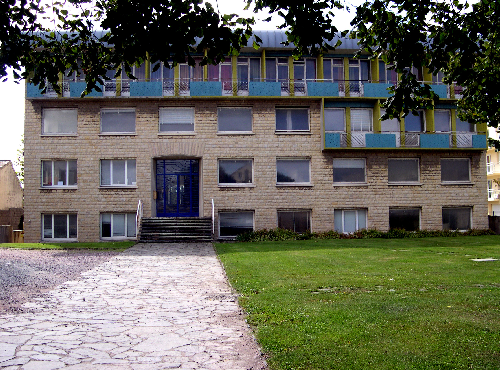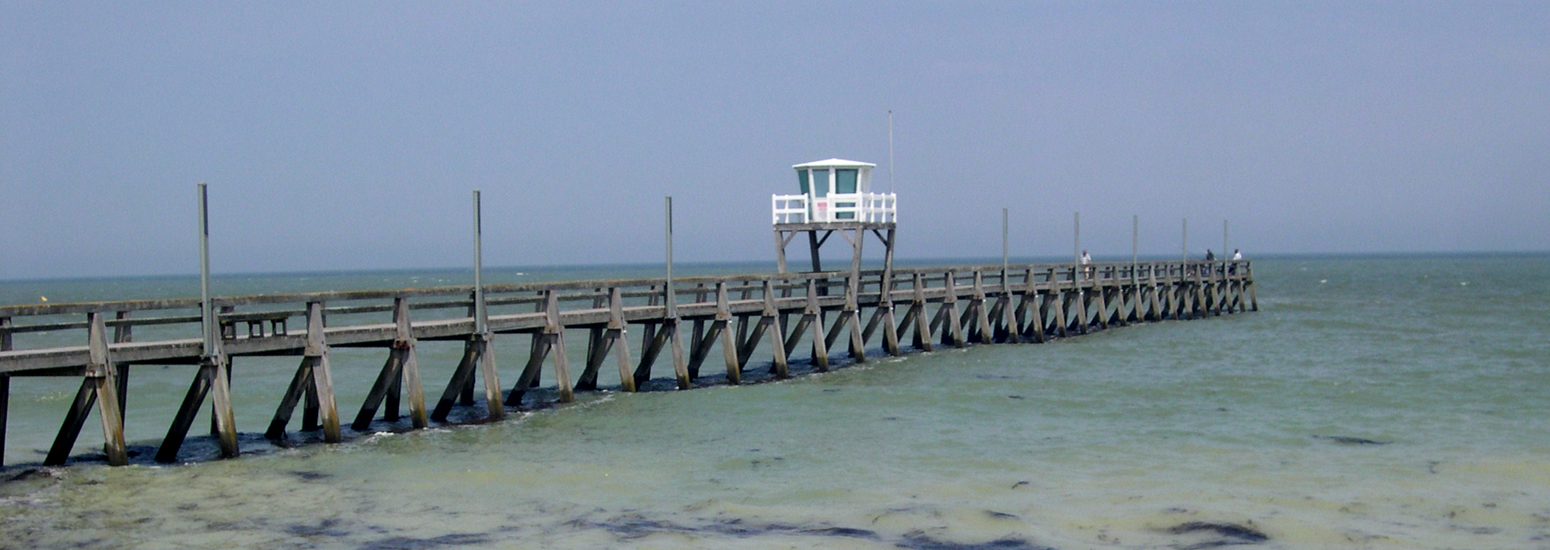
The Coastal Environment Research Centre – Marine Station of the University of Caen Normandie

The Coastal Environment Research Centre – Marine Station of the University of Caen Normandie hosts five research units in various fields (biology, geology, geography, chemistry) to which it provides logistical, technical and administrative. He is interested in the study of ecosystems and organisms with innovative approaches to better understand the complexity of life and the evolution of the marine environment. The use of state-of-the-art technologies, autonomous buoys, drones combined with laboratory controlled experiments on different organisms (algae, foxes, cephalopods) allow the centre to develop basic research and (aquaculture, ecosystem management, environment, biology, health, etc.).
The main missions of the CREC – Marine Station:
- Long-term observation of coastal ecosystems (several national networks labelled)
- The breeding of marine organisms (cephalopods, "fish") and the cultivation of macroalgae for basic and applied research
CreC's areas of action – Marine Station:
- biology
- Sedimentology
- Hydrodynamic
- Physiology
- ethology of marine organisms
- how the litor ecosystems work
- studies of settlements
- physics and water chemistry
- Meteorology
Research units members of the CREC – Marine Station:
- UMR 7208 – Biology of Agegrewisms and Aquatic Ecosystems – BOREA
- UMR 6143 – Continental and Coastal Morphodynamics – M2C
- UMR 6552 – Animal and Human Ethology – EthoS
- UMR 6554 – Coastal, environment, remote sensing, geomatics – LETG-Caen – Physical Geography and Environment – GEOPHEN
- EA 4651 – Bioprocessed Foods Toxicology Environments – ABTE
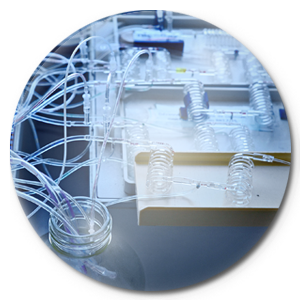
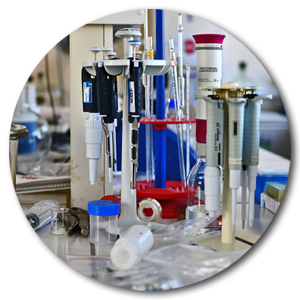
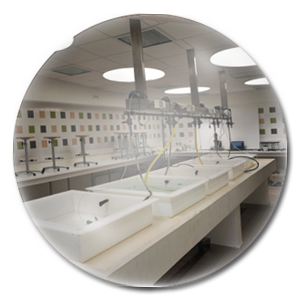
The history of the CREC – Marine Station:
The Marine station of the University of Caen Normandie has existed since the 19th century. Mr. Arcisse de Caumont (1801-1873), one of the founders of modern archaeology, owned a house in Luc-sur-Mer where he lived for part of the year. In 1879, Mr. Eudes-Deslongschamps, Professor of Zoology and Animal Physiology at the University of Caen, decided to create a Maritime Laboratory whose function would be twofold: research laboratory and teaching laboratory. We still have to find a place. In 1880, the department of Calvados bought her house in Luc-sur-Mer from the widow of Arcisse de Caumont to found the Maritime Laboratory. The Marine Station then expanded from 1962 and in 1984 the Regional Centre for Coastal Studies, which would become the Coastal Environment Research Centre, was established in order to bring together the research units of the University of Caen Normandie, whose activities are geared all or part towards the marine domain. In 2018, a large rehabilitation programme for the CREC – Marine Station was launched with the support of the Normandy Region, the State, Europe (FEDER) and the University of Caen Normandie. Research teams currently based on the Caennais campuses will be based in Luc-sur-Mer.
